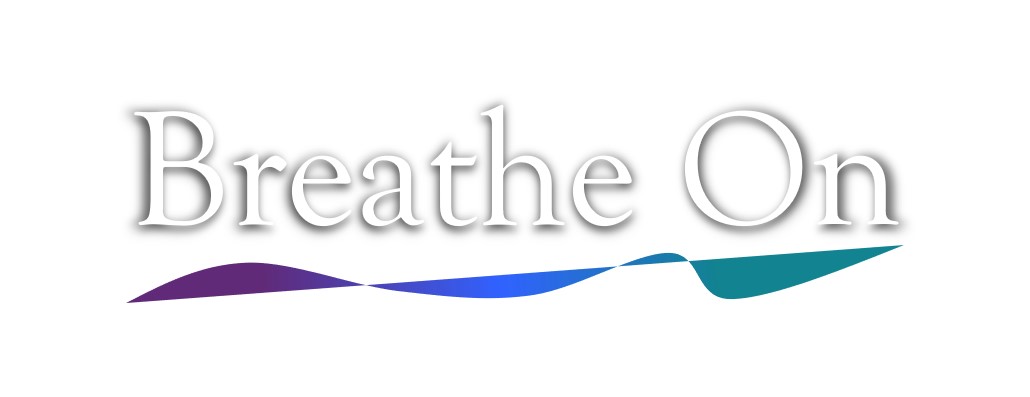It was on July 5, 1852, that Frederick Douglass addressed the Ladies’ Antislavery Society in Rochester, N.Y., and delivered what is often described as the greatest abolitionist speech in US history. “What, to the American slave,” Douglass demanded of his audience, “is your Fourth of July?”
It was not by happenstance that Douglass gave his renowned July 4 speech on the day after July 4. He had insisted on it. Ever since slavery had been abolished in the state of New York decades earlier, Black New Yorkers had celebrated their emancipation on July 5. The date was chosen both as a symbol of the independence still denied to those enslaved in 15 other states and the District of Columbia, and as an acid comment on the fraudulence of a nation that commemorated its liberty with parades and fireworks while permitting and enforcing the chattel slavery of African Americans.
So when Douglass stipulated July 5 as the date for his speech, his audience likely anticipated that he would be scathing in his denunciation of that grotesque double standard. He didn’t disappoint.

Recent Comments